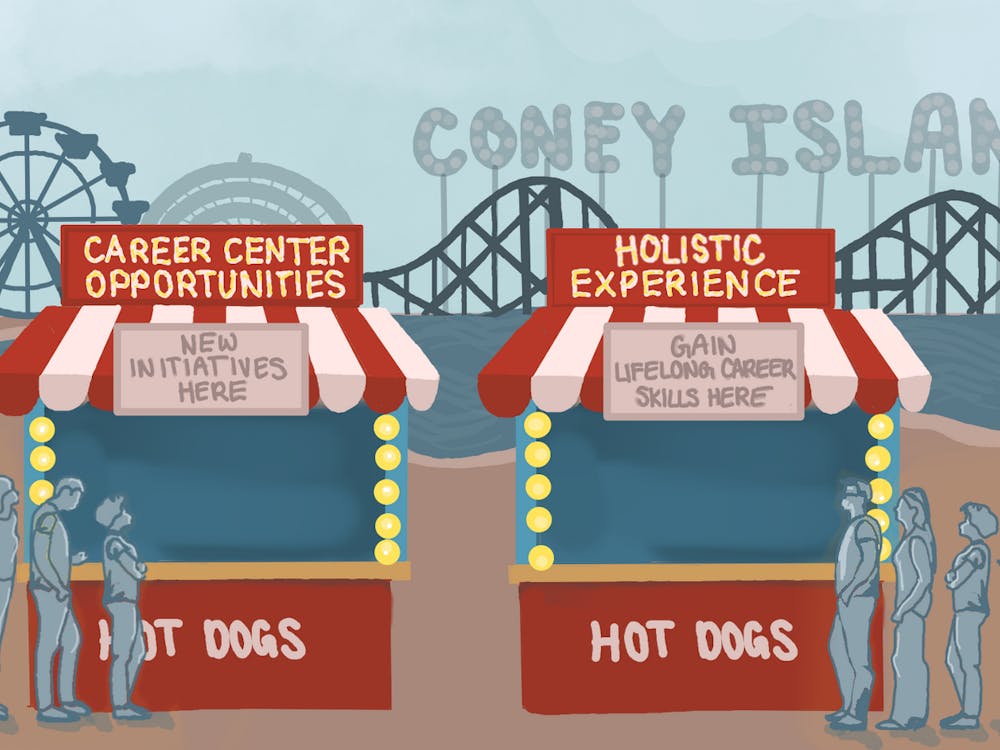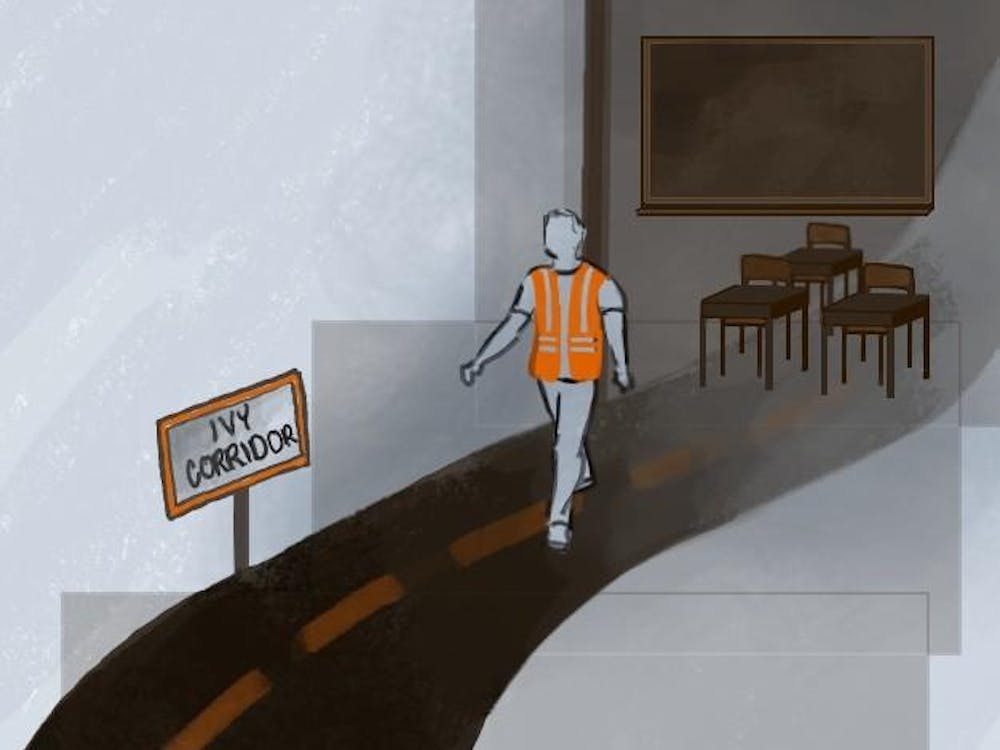Fourteen years ago, the Honor Committee assembled a group of stakeholders from across the University to study the health of the Honor System. In their final report, this “review commission” — which included representatives from the Dean’s Office, Student Affairs, the General Counsel’s Office, the Alumni Association, the Board of Visitors, and the Honor Committee itself — issued a sobering conclusion: “We do not think all is well with the Honor System. We agree with many in the community that the System is in grave danger and that without substantial reform it may succumb in the relatively near future to pressure, external, internal, or both.”
A decade and a half later, there is only one question to be asked: how far have we come? Far. But not far enough.
On the one hand, we have a more streamlined process, a more engaged, responsive Honor Committee and most importantly, the informed retraction, the biggest change to the Honor System in a generation. But on the other, we have an unacceptably low reporting rate; inexcusable disproportionality in reports received; disillusionment among much of the faculty; and ambivalence among some of the student body.
These problems are neither inexplicable nor insoluble. And I don’t just mean in theory: there are real, concrete solutions out there. Several of them are sitting in a binder about two feet to my left — it contains the final report from the review commission that I referenced above. But the solutions cannot come just from the Committee. Ambivalence and disillusionment cannot be willed away from afar. It is not enough to fix a structural problem if it has persisted long enough to produce a cultural change.
Take the oft-discussed topic of juries. Over the years, as verdicts have tended more and more dramatically toward acquittal, no matter the facts at hand, more and more faculty have come to expect no productive outcomes from the Honor System. Hence their circumvention of it. But the Honor Committee cannot simply legislate a solution to this problem from the fourth floor of Newcomb Hall. First, to do so might violate the wishes of the student body that it represents. Second, even if it did make a change, this would not repair Honor’s reputation with the faculty all by itself. That takes years of conversations, department meeting by department meeting.
Honor belongs to all of us. We are its stewards. It’s time we talk about these problems in a sustained, grassroots, and action-oriented way. Today, Thursday, April 3rd, we are taking a step in that direction with the Honor Congress. At 5 p.m., more than two hundred students will gather in the auditorium of the Special Collections Library to help find solutions for our Community of Trust. (And we still have space for a few more. RSVP at virginia.edu/honor.) While the current Committee’s term will be over in just a few days, it is my hope that this Congress can be the start of a broader discussion.
In the end, it is only natural that so many of these conversations come back to the culture of our community. Honor has, after all, always been about more than a system. That’s something I’ve found myself saying a lot this past year. Each time I do, I think of this one poem — “How I Got That Name,” by Marilyn Chin. She writes, “… for all we know / lust drove men to greatness / not goodness, not decency.” Honor is not about greatness. It is not about achievements. It is not about rankings, or awards, or advancement. Honor is about goodness. Honor is about decency.
That’s why the health of the Honor System matters. Because goodness and decency — they matter. Whatever the skeptics will say, they matter.
Evan Behrle is the outgoing Chair of the Honor Committee.






